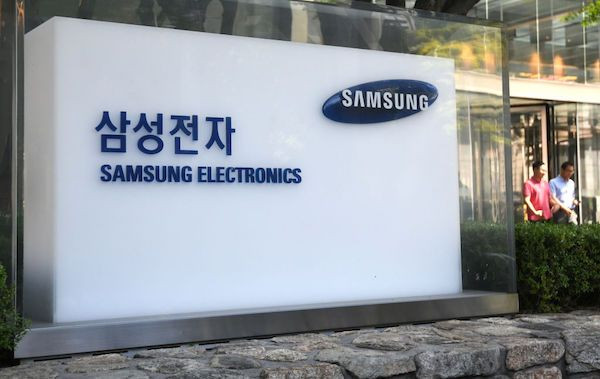Samsung Beats LG, Sony In US Premium TVs Market

Samsung Electronics is currently the leading brand in the U.S. market for premium TVs. This is according to the latest data presented by a market research report.
Yonhap learned from U.S. firm NPD Thursday that Samsung now holds 34 percent of the U.S. TV market as of the end of August. Following its lead is its fellow South Korean company LG Electronics with 15 percent. Then Vizio and Sony trailed behind the top two with 11 percent each.
Based on the figures, it’s clear that Samsung has widened its lead over its rivals in the U.S. premium TVs market. The report shows that Samsung performed quite well in the premium segment for TVs priced at over $2,500. The Note 9 maker dominated this segment with 44 percent.
Meanwhile, Sony came second in the premium segment after obtaining 33 percent of the market. As for LG, it managed to capture 23 percent of the market. This is such an amazing feat for Samsung, who only recorded 27 percent of the segment in the same period last year.
Samsung’s impressive performance also extended to the market segment for TVs that have 75-inch or larger displays. In this market, Samsung bagged 57 percent. Meanwhile, Sony landed second place with 25 percent as of the end of August. In the previous year, Samsung recorded 43 percent in this segment.
It appears Samsung is determined to continue its reign in the U.S. premium TVs market since the tech giant is currently preparing for the release of its ultra-premium QLED 8K TV in the United States and Europe later this month.
“We expect the 8K resolution market to grow at a fast speed from the artificial intelligence-based upscaling technology that can switch low resolution content to 8K level," a Samsung official said. "If that is the case, it will have a positive effect on the demand in the U.S. for the new QLED 8K TVs.”
Samsung announced its QLED 8K TV back in August. The 85-inch TV is now available for preorder for $15,000, and it is set to start shipping on Oct. 28, according to The Verge.
© Copyright IBTimes 2025. All rights reserved.



















